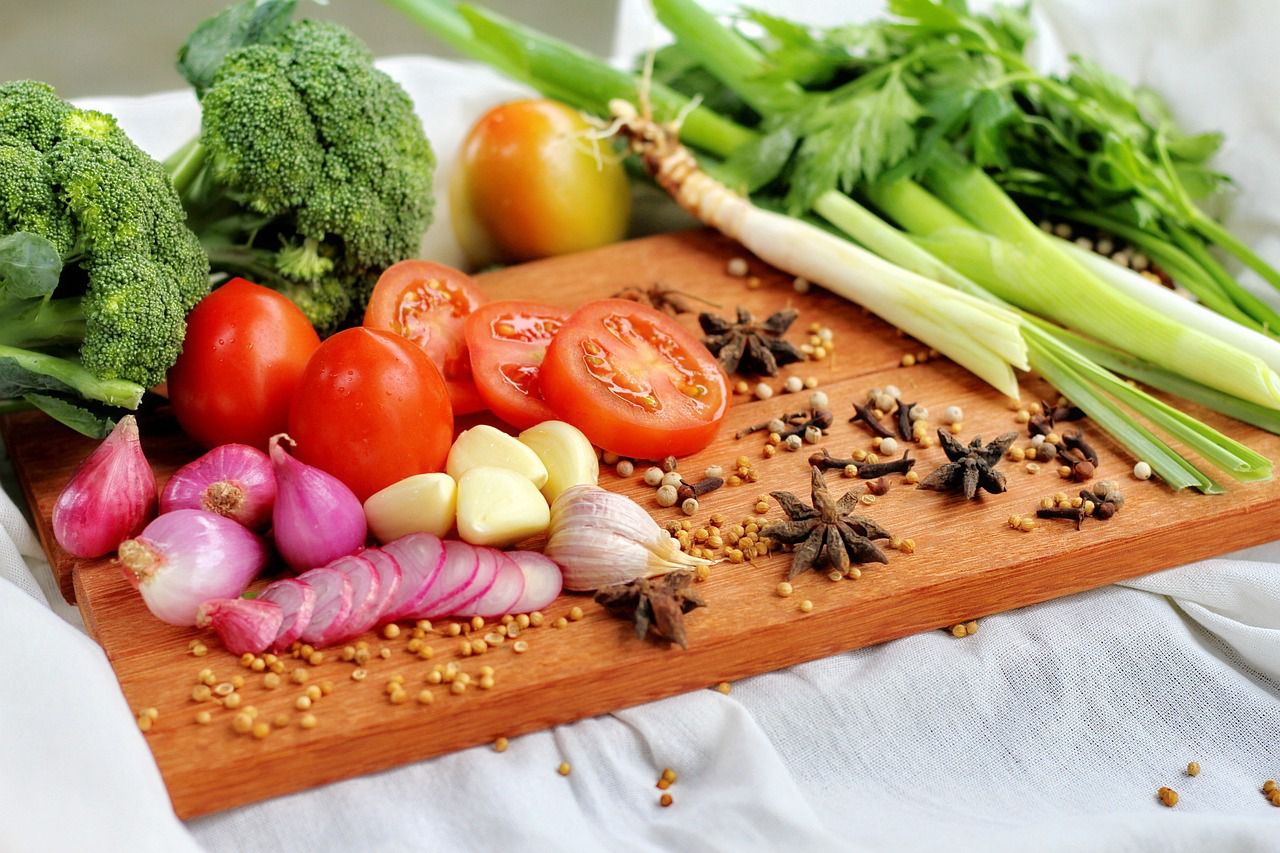Freezing salad is not recommended because the process of freezing and thawing can significantly alter the texture and quality of the salad ingredients.
While sometimes it's hard to eat a bowl of salad when it's fresh, freezing it won't help you.
Let's find out more.
Content
Salads typically contain vegetables with high water content, such as lettuce, cucumber, tomatoes, and bell peppers.
When these vegetables are frozen and then thawed, they tend to become limp, watery, and mushy, resulting in a less appealing texture.

Additionally, freezing can cause the cell walls of the vegetables to break down, leading to a loss of crunchiness and crispness.
The freezing process can also cause ice crystals to form within the vegetables, further damaging their cell structure and affecting their taste and overall quality.
Some sauces can separate
Moreover, some salad ingredients, like mayonnaise-based dressings or delicate herbs, do not freeze well and can separate or become discolored during the freezing process.
If you have leftover salad that you wish to preserve, it's best to remove any perishable ingredients, such as dressing, and store them separately in the refrigerator.
Consume the salad within a day or two to ensure its freshness and quality.
They should be eaten soon
To enjoy the best quality and flavor of salads, it is recommended to prepare them fresh and consume them soon after preparation.
If you need to prepare salads in advance, consider assembling the ingredients and adding dressing just before serving to maintain their crispness and appeal.













